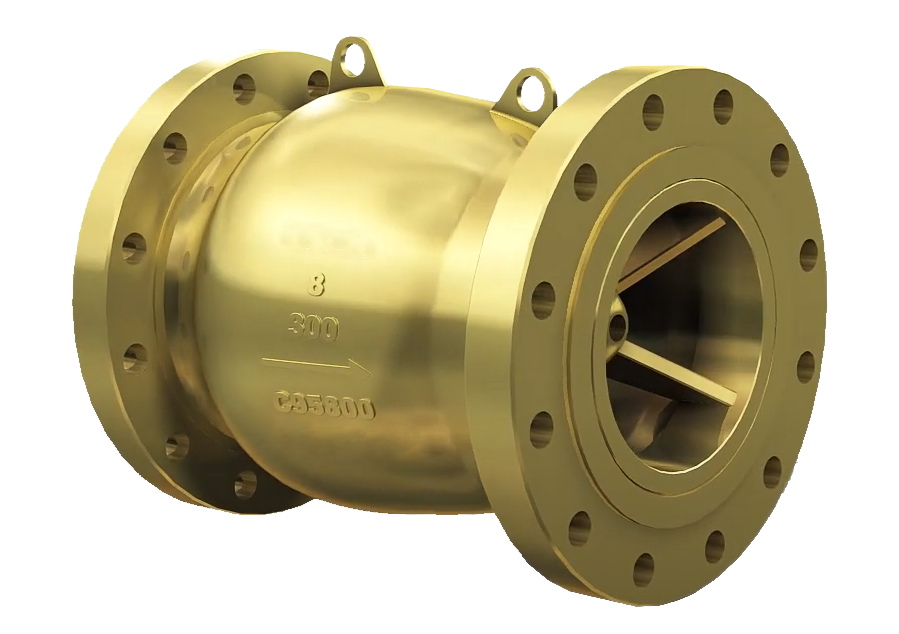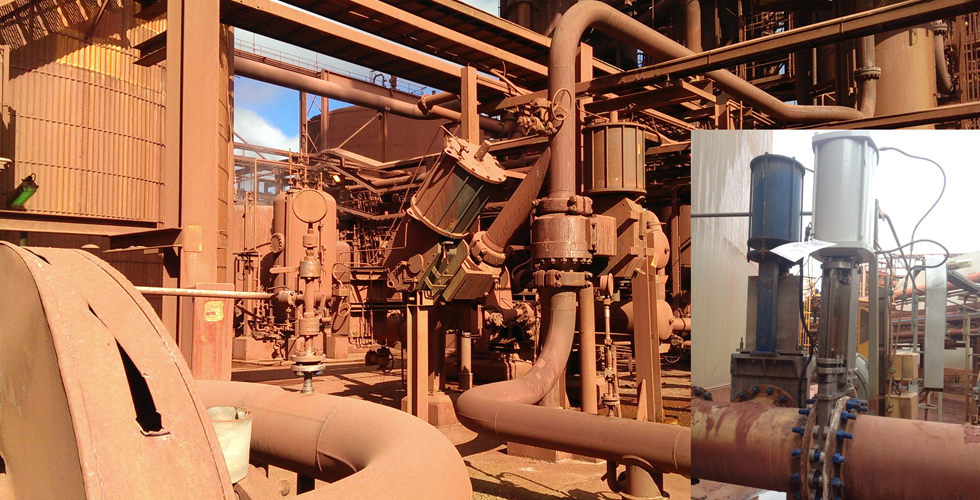An efficient indoor fan motor is essential for the optimal performance of an air conditioner. This article explores how the fan motor’s efficiency affects energy consumption, cooling effectiveness, and long-term operational costs. Drawing a parallel, geocomposites in construction offer a model for improving efficiency by layering materials strategically.
How does fan motor efficiency impact energy consumption?
Efficient fan motors reduce energy usage by maintaining optimal airflow, which allows the compressor to work less intensively. This efficiency parallels geocomposites, which combine materials for better performance and reduced resource use.

Can an inefficient fan motor affect cooling performance?
Yes, an inefficient motor can result in uneven cooling due to inconsistent airflow, creating hot and cold spots within a room. Ensuring motor efficiency helps maintain uniform cooling, maximizing comfort.
What are signs of an efficient indoor fan motor?
Signs include steady airflow, quiet operation, and consistent temperature control. A lack of these indicators might suggest the motor is working harder than necessary, leading to energy waste.
How can efficiency be improved through maintenance?
Regular cleaning, lubrication, and inspection help maintain motor efficiency. This preventive care prevents friction and overheating, which, like durable materials in geocomposites, increases longevity.
An efficient indoor fan motor is central to maintaining energy-efficient air conditioning. By adopting layered care practices similar to geocomposite technology, users can achieve optimal cooling performance and lower energy costs.
